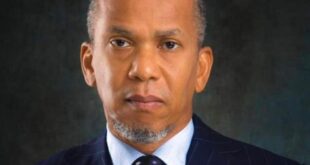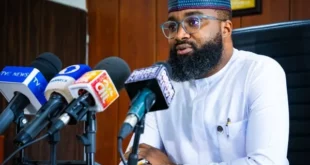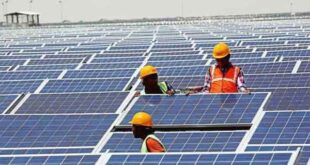In Nigeria, the current high cost of government has become a pressing issue, with President Bola Ahmed Tinubu taking symbolic and structural actions to address it.
Despite the measures taken, a more substantive approach and a complete attitudinal change are necessary to tackle the problem effectively.
The article highlights the need for political will to implement reforms, such as cutting down on the size of government delegations and implementing the Steve Oronsaye report on merging and scrapping MDAs.
It also emphasizes the importance of addressing the waste and profligacy in government and the need for political officeholders to change their attitude towards ostentatious living and craving for opulence.
Furthermore, the article suggests that Nigeria should focus on reducing the number of political appointees and closing inefficient public enterprises that incur losses.
It also advocates for addressing the high cost of governance by cutting down on our bloated bureaucracy and implementing the Oronsaye report.
Despite the high cost of government, Nigeria’s administrative efficiency, quality services, and policy outcomes have not improved.
The government effectiveness index for 2022 is -1.04, one of the worst globally.
The spending on critical sectors such as education and healthcare has not delivered the desired outcomes, with high maternal mortality rates and poor education indicators.
To address Nigeria’s high government cost, the article suggests a multi-faceted approach, including structural reforms, fiscal responsibility, attitudinal change, and increased transparency.
It also recommends implementing a rational salary structure for public officials, introducing cost-cutting measures in government operations, embracing e-government through technology, developing a sustainable debt management strategy, implementing and enforcing fiscal responsibility laws, and encouraging citizen participation and oversight.
Nigeria must address the high cost of government and low outcomes by implementing the proposed solutions, which require strong political will, commitment from government officials, and collaboration with various stakeholders.
President Bola Ahmed Tinubu has taken the first steps to address the issue, but more needs to be done to ensure a more efficient government and a better standard of living for the Nigerian people.
Subscribe to the Advocate News letter and receive news updates daily in your inbox.
 Advocate.ng Latest news update on politics, entertainment, sport and more
Advocate.ng Latest news update on politics, entertainment, sport and more




